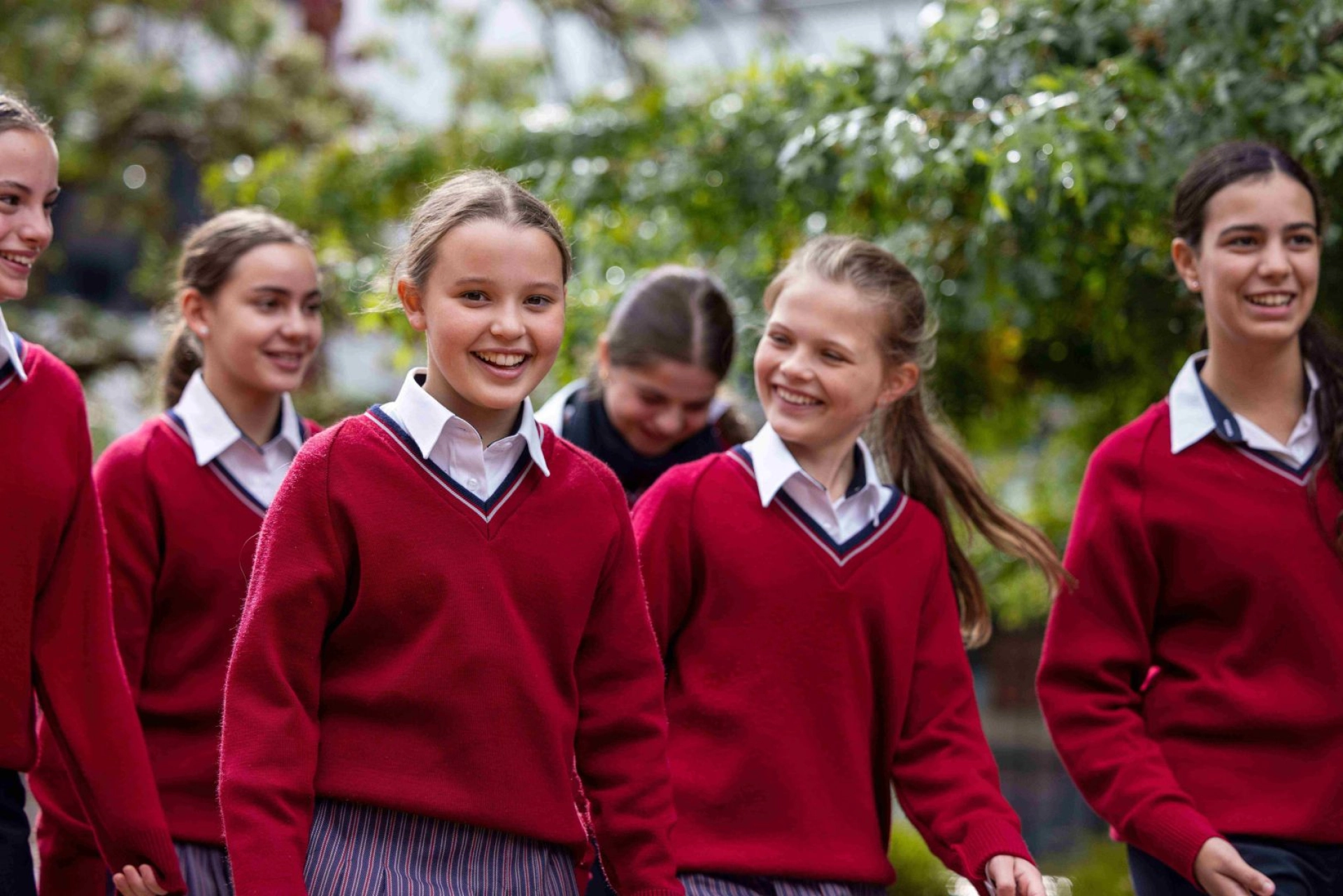Resilient Youth Australia, report that in a sample of over 91,000 Australian children, 25% of Years 3 – 4 students say they cannot identify an adult in their lives who listens to them. This goes up to 32% in Years 7 – 8 and 39% in Years 9 – 10. As an adult, these statistics are hard. However, whether the numbers are perfectly correct is irrelevant, it is what a large percentage of young people believe. Perception is everything. We may be there for them but the message isn’t being heard by all of them.
Sometimes this perceived lack of support plays out as being defiant, arguing and acting out. From the outside the behaviour is frustrating and difficult to tolerate. Yet on the inside the young person may be doubting their sense of worth and their place in the world. The behaviour may be a way of trying to see if they are loved.
For their mental health and sense of wellbeing, everyone needs at least one adult who is trustworthy, sees them, listens to them, and is deeply invested in them. It is the greatest protective factor we can offer a young person.
If we all love our kids and if we are all listening and here for them, why don’t they know it?
Young people don’t read between the lines effectively
Young people are literal and do not infer meaning the way adults do.
There is a natural negativity bias
Young people are hardwired to be negative. We all are. We are wired to look for threats. This has helped determine the success of the human species and it is especially strong in our young people as they are more reliant on the instinctive part of their brain, the amygdala.
Negativity bias means young people will remember being told off for a lot longer than all the supports offered!
Adults don’t communicate as well as we think we do
Often when we interact with young people, they seem a lot like adults. We assume they understand a lot more than they do. This communication breakdown is most obvious when we discipline young people. When we say we don’t like a behaviour, they often hear it as, “I don’t like you.” A sense of shame emerges and shame damages relationships.
Strategies for bridging the gap
Use a 5:1 ratio
We can achieve positive changes in relationships with young people by working on a ratio of five positive interactions to one criticism. Positive interactions can be friendly conversations, specific praise or positive feedback, or even non verbal approvals.
Be clear
If we value a person (young or adult), we need to tell them. Often, they will not recognise that connection on their own.
- I love being your mum / dad / sister / friend / partner
- Talking to you at dinner is my favourite part of the day
- I am here for you
- You can tell me anything
Listen and reflect back
What we all want deep down is to be truly heard and understood. Young people are no different. They want you to listen and then reflect back what you have understood. This means they feel truly heard. Don’t focus on fixing the problem. Don’t compare it to a situation you’ve been in or tell a ‘I remember when that happened to me’ story. Just stop talking and listen.
Be careful with humour
Try not to make jokes at the expense of a young person. They laugh along at the time, but the joke may reinforce their low self-worth, and it stays with them. For many young people the parent is the all-knowing adult, so what they say matters, joking or not. We can use humour with kids, yet it means we need to avoid deprecating humour. Joke about things, not people.
Separate behaviour from the relationship
There are times when we can’t be positive and reaffirming with a young person. This shouldn’t be a deal breaker. So, when a child says, “You just don’t love/like me,” separate the behaviour from your relationship. For example, “Your choices and behaviours have consequences but that doesn’t mean I am ever going to stop loving/caring for you. The behaviour is bad, not you.”
Many young people will never articulate their sense of being alone. It is our job to ensure they don’t have to by meeting them where they are.
Modifed from: https://santamaria.wa.edu.au/we-care-about-our-kids-so-why-dont-they-know-it/?v=2




